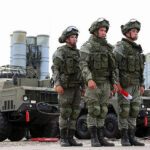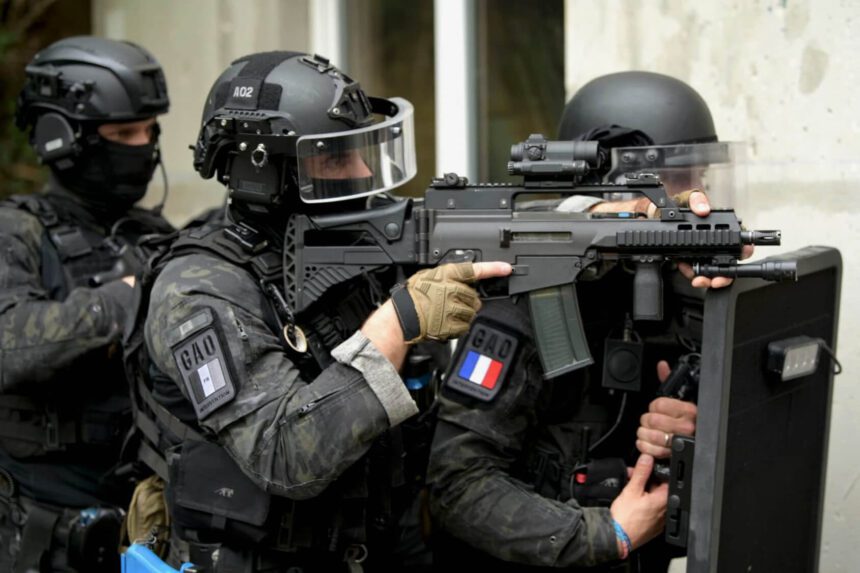What is the CIA?
To understand how the United States projects power and protects its interests, you must understand the CIA. The Central Intelligence Agency operates as Washington’s main foreign intelligence service. From Cold War espionage in Berlin to tracking Russian cyber units today, the CIA has shaped America’s ability to act on the global stage and remains a key partner for Europe.
Origins in the Cold War
The U.S. created the CIA in 1947 under the National Security Act. It replaced the wartime Office of Strategic Services (OSS) and became the institutional response to a rising Soviet threat. The agency’s mandate focused on gathering foreign intelligence, analysing global developments, and conducting covert operations when U.S. interests required more than diplomacy.
Structure and Functions
The CIA reports to the Director of National Intelligence but operates with wide autonomy. It consists of four main directorates: Operations, Analysis, Science and Technology, and Support. Together they collect intelligence, recruit agents, run covert missions, and analyse global threats. The CIA does not operate domestically, leaving that role to the FBI.
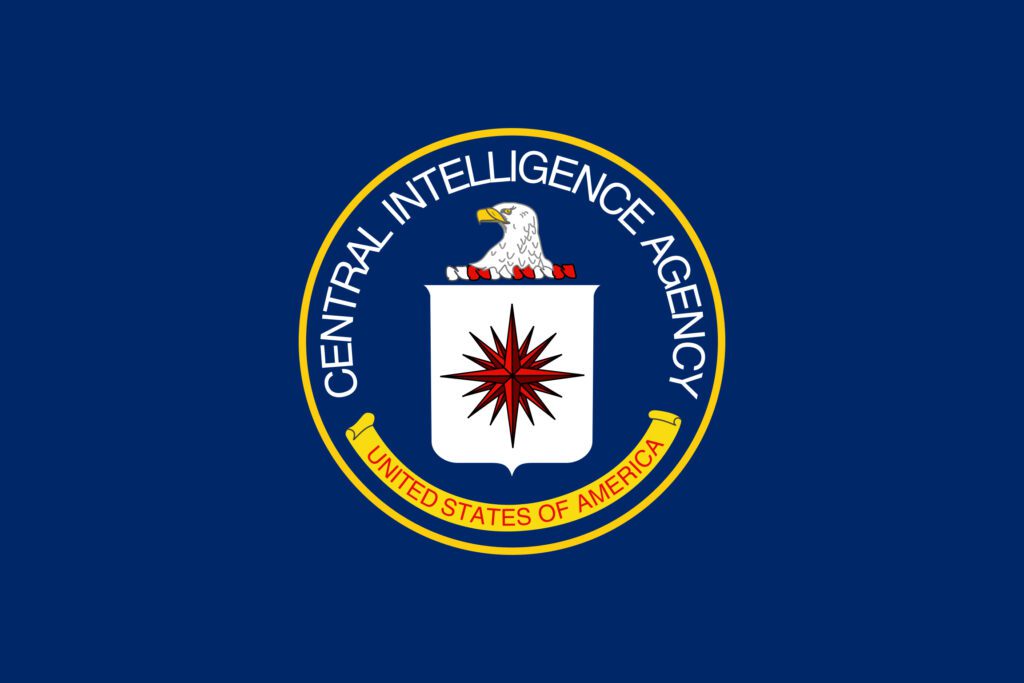
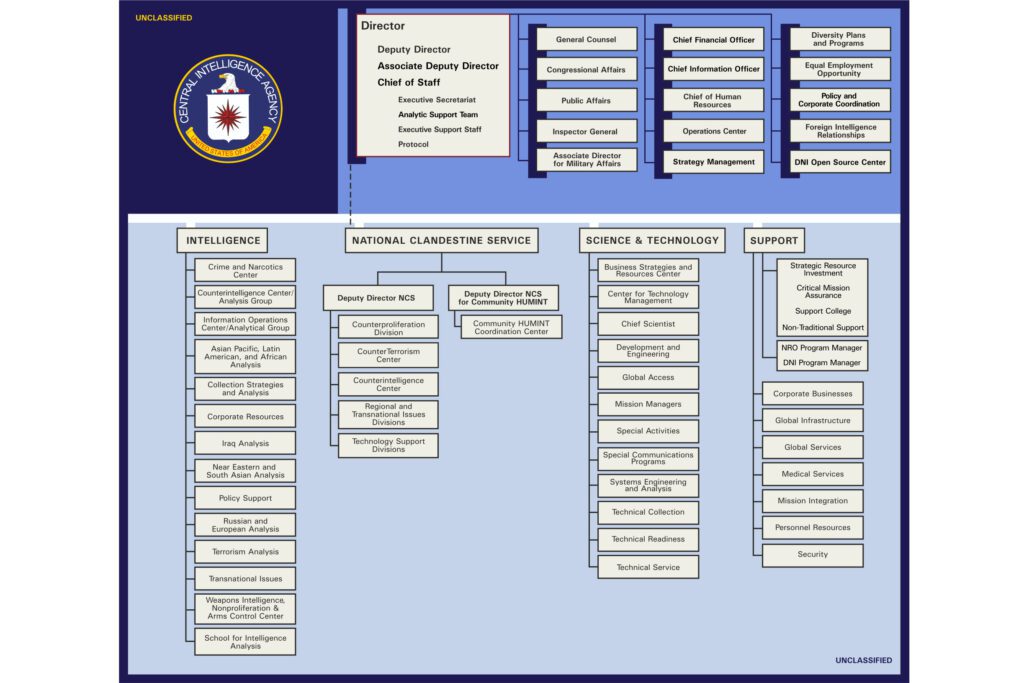
The CIA in Europe
During the Cold War, the CIA ran some of its most important networks in Europe. It tracked Soviet military movements, cultivated informants in Warsaw Pact countries, and coordinated with NATO allies. In the post-Soviet era, it shifted to monitoring Russia’s resurgence, Islamist terrorism, and the hybrid threats that cut across both.
Confrontation with Russia
The CIA views Russia as one of its top priorities. The agency works with European partners to expose GRU and FSB operations, counter cyberattacks, and disrupt covert financing. It played a critical role in sharing intelligence with NATO and Ukraine before and during Russia’s 2022 invasion, warning allies of Moscow’s plans months in advance.
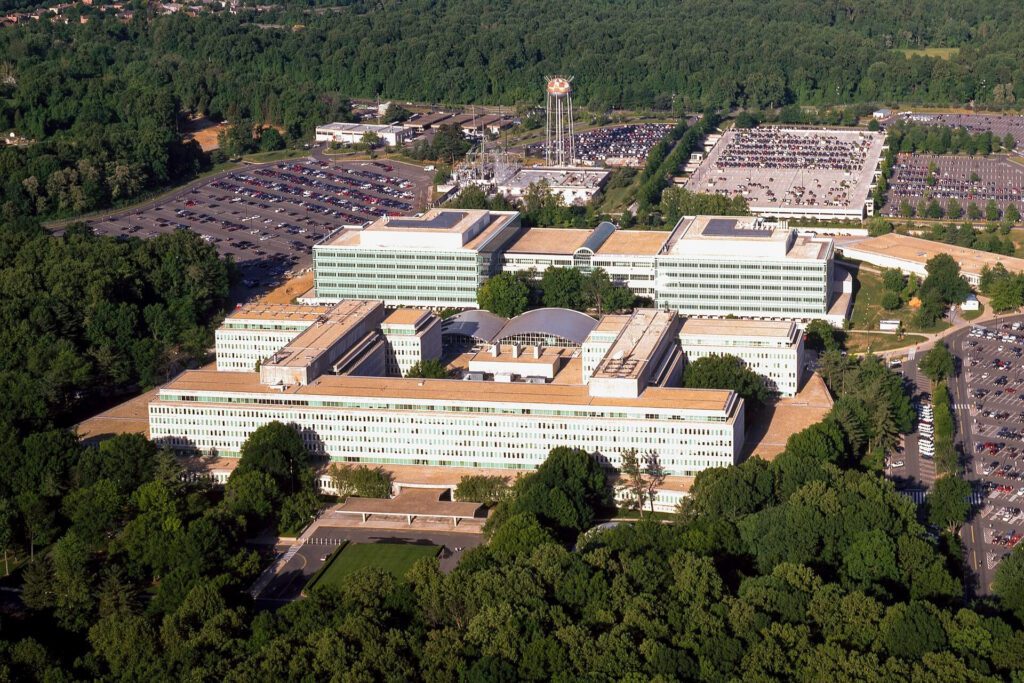

The CIA in Hybrid Warfare
Beyond traditional espionage, the CIA now fights in the hybrid domain. It tracks disinformation campaigns, analyses cyberattacks, and supports resilience in partner states. This adaptation shows how the agency has evolved from Cold War spycraft to a multi-domain intelligence service.
Strategic Importance for Europe
For Europe, the CIA remains indispensable. It ties U.S. power to European security and supplies intelligence that smaller states cannot collect alone. In the confrontation with Russia, the agency represents not only American interests but also a cornerstone of the West’s ability to anticipate, counter, and survive hybrid warfare.



